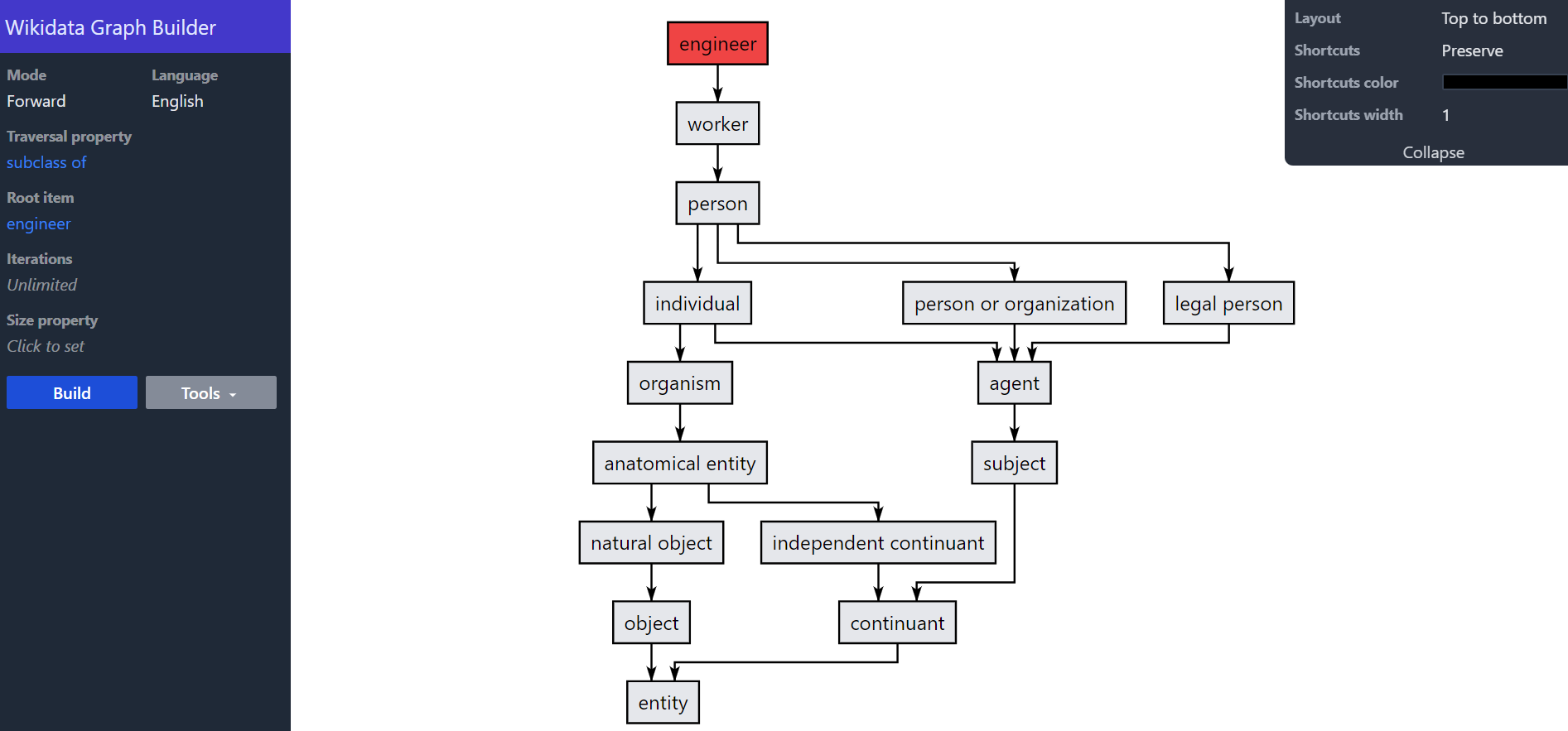
Hi everyone, this week it’s all about hands-on! I will talk about a webinar on trying to fix quality issues in Wikidata by using its ontology. Additionally I will share a few resources around basics and advanced uses of the query language SPARQL that is used to query Linked Data, for example from Wikidata.


